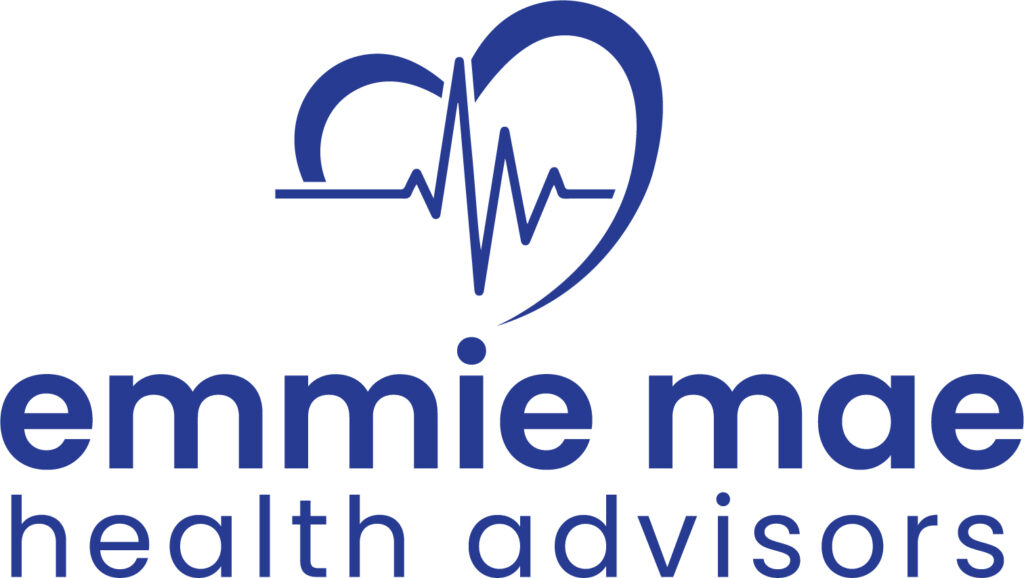Understanding Open Enrollment: Your Guide to Health Insurance Enrollment Periods
If you’ve ever heard the term open enrollment but weren’t sure exactly what it means, you’re not alone. Open enrollment is a specific time each year when individuals can sign up for health insurance, change their current plan, or update their coverage. It’s a key period that ensures you have access to the healthcare you need, but it can sometimes feel confusing if you don’t know the ins and outs. In this guide, we’ll explain what open enrollment for health insurance is, why it matters, and how you can make the most of it. What Is Open Enrollment? Open enrollment is a set period each year when you can enroll in a health insurance plan. It applies to most types of health coverage, including plans available through the Affordable Care Act (ACA) marketplace, employer-sponsored plans, and Medicare. If you miss the open enrollment period, you’ll usually need to wait until the next one to sign up, unless you qualify for a special enrollment period due to a life event like getting married, having a baby, or losing other health coverage. Why Does Open Enrollment Exist? Open enrollment helps regulate when and how people can sign up for health insurance, making it easier for insurers to manage risk and coverage options. It also protects consumers by giving them a clear window to evaluate their needs, compare plans, and switch or enroll in a new plan that better fits their healthcare and budgetary requirements. Example: Imagine you currently have health insurance but realize it doesn’t cover all the services you need, such as certain specialist visits or preventive care. Open enrollment is your chance to adjust your coverage and find a plan that better suits your needs for the year ahead. When Is Open Enrollment? The timing of open enrollment depends on where you get your health insurance: ACA Marketplace Plans: The open enrollment period for ACA plans typically runs from November 1 to December 15 each year, although these dates can sometimes vary by state. Employer-Sponsored Plans: If you get health insurance through your job, your company will set its own open enrollment dates. These are usually in the fall but can vary from employer to employer. Medicare: For those on Medicare, open enrollment runs from October 15 to December 7. During these periods, you can choose a new plan, renew your current one, or make changes to your existing coverage. What Can You Do During Open Enrollment? During open enrollment, you have several options depending on your current coverage and situation: Enroll in a New Plan: If you’re currently uninsured, open enrollment is your chance to sign up for a health insurance plan for the upcoming year. Switch Plans: If your current plan doesn’t fit your needs anymore, you can switch to a different plan during open enrollment. Update Coverage: If your situation has changed, such as gaining a new family member or needing more extensive healthcare, you can adjust your existing plan to better suit your needs. Pro Tip: Before making any decisions, it’s smart to compare different plan options based on your budget and healthcare needs. Reviewing details like premiums, deductibles, and the network of doctors is essential. What Happens If You Miss Open Enrollment? If you miss the open enrollment period, don’t panic—there are still options. You may qualify for a special enrollment period if you experience certain life changes, such as: Losing your current health insurance Getting married or divorced Having a baby or adopting a child Moving to a new area Outside of these circumstances, you’ll likely have to wait until the next open enrollment period to get coverage. How to Prepare for Open Enrollment Preparing for open enrollment is all about knowing your options and understanding your needs. Here’s a checklist to get ready: Review Your Current Plan: Look at what your plan covers and what it doesn’t. Are you satisfied with the cost and benefits, or do you need more comprehensive coverage? Evaluate Your Healthcare Needs: Think about any health issues you or your family members may face in the coming year. Will you need more specialist visits, prescriptions, or preventive care? Compare Plans: Use the time before open enrollment to compare different plans. Look at their networks, premiums, deductibles, and out-of-pocket costs. Seek Professional Advice: If you’re unsure about which plan is best for you, it’s always a good idea to consult with a health insurance advisor. Why It’s Important to Act During Open Enrollment Missing open enrollment can leave you without health insurance coverage for the next year, which can be costly if unexpected medical needs arise. Being proactive during this period ensures that you and your family are covered and protected from high medical bills. At Emmie Mae Health Advisors, we understand that choosing the right health insurance plan can be overwhelming. Our goal is to simplify the process, providing you with expert guidance so you can make an informed decision that works for your unique needs. Conclusion Open enrollment is a critical time for anyone looking to secure or update their health insurance coverage. By understanding what open enrollment for health insurance is and preparing ahead of time, you can ensure that you get the best possible coverage for your healthcare needs and budget. Don’t miss out on this opportunity to protect yourself and your family with the right health plan. Contact Us for a Free Consultation If you’re exploring health insurance options and need help during open enrollment, let Emmie Mae Health Advisors guide you. We specialize in helping individuals, families, and small business owners find affordable and flexible health insurance solutions that meet your specific needs. Call or text: 602-662-9988 Email: [email protected] Schedule a consultation with us today: Calendly Link










